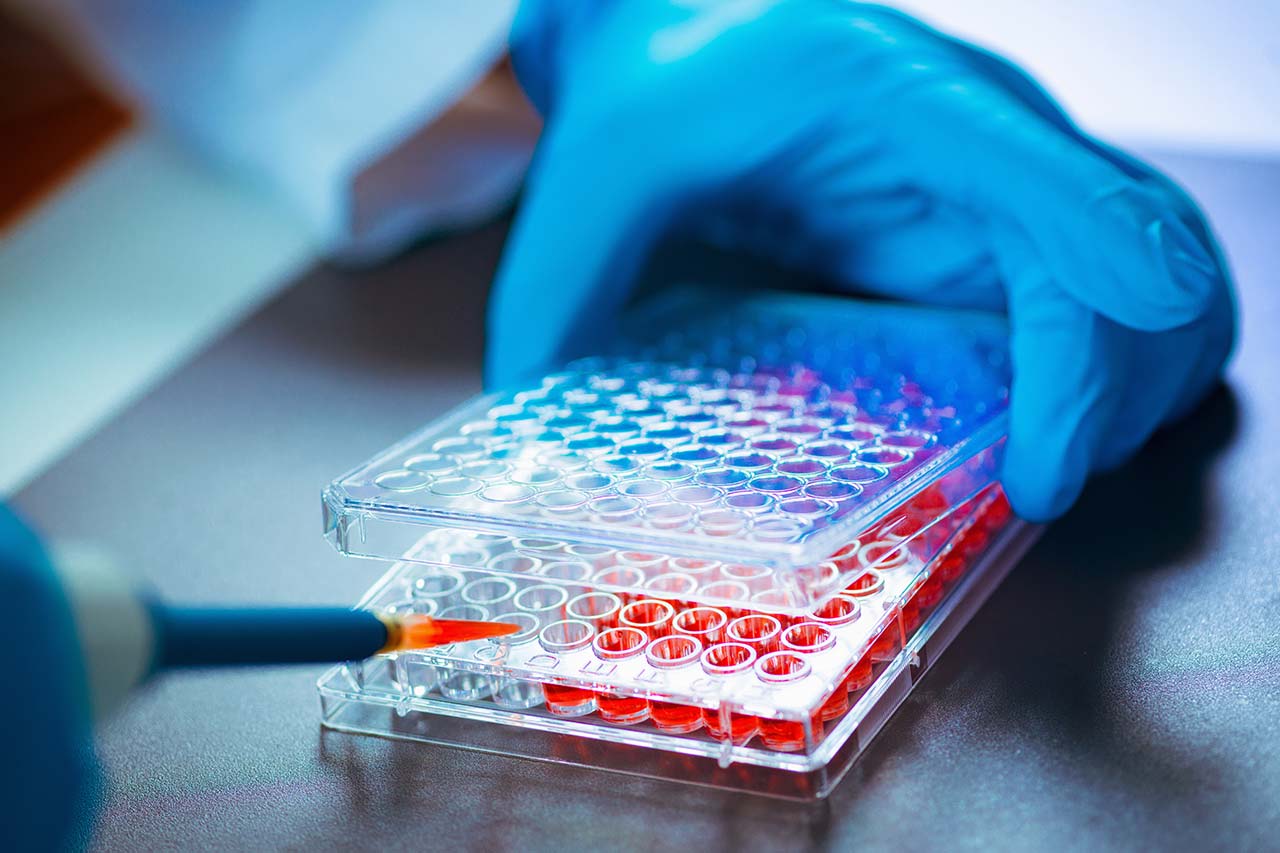Belgium is home to globally leading actors in all spheres of innovation: academia, large pharma and SMEs
Biotechnology innovation typically happens in three different spheres: academic research centers, large pharma or agro companies, and small SMEs. Belgium is home to leading actors of all of these domains. Globally leading research universities like KU Leuven and Ghent University play a central role in knowledge creation and exchange, which are two key drivers of the development of the biotech sector. With the Flemish Research Institute for Biotechnology VIB, and Imec, a world-leading hub in nanoelectronics and digital health technologies, the Belgian government has created two knowledge centers which conduct foundational research and are an excellent source of innovation.
Moreover, all the top 10 pharma companies, including Novartis, Pfizer, Sanofi, Janssen Pharmaceutica and GSK have located key research activities in Belgium. Collaborations between these big players and emerging biotech companies, such as the deal between Gilead and Galapagos, further drive the development of the biotech sector.
Finally, Belgium also has a very dynamic SME sector, with companies such as Confo Therapeutics, which won the European Biotech SME Award in 2019, for the development of an innovative drug discovery engine.
Clinical trials are facilitated by good access to capital and efficient public entities
Besides the diversity of strong actors, the Belgian biotech scene is benefiting from a very supportive R&D environment. First, entrepreneurs have numerous options to raise R&D capital as both private and public investors have an appetite for investing in the biotech field. Fund +, Vesalius Biocapital and Newton BioCapital of Droia are some of most active venture capital firms in the field.
Next to these private players, regional governments also provide funds to Belgian biotech startups, via entities such as the Flemish PMV and Wallonian SRIW, Société Régionale d’Investissement de Wallonie. According to BNP Paribas, these local investments from both private and public players create a “snowball effect”, attracting foreign investors. But the Belgian public sector is not only trying to help via funds. The Belgian government approves first in human trials within 15-20 days, whereas in neighbouring France the fast-track procedure requires 40 days. Thanks to this favourable environment, there are more than 1500 clinical trials ongoing in Belgium.
The high level of cooperation in the Belgian healthcare ecosystem is another driver of the local biotech field
Another reason for the Belgian biotech success story is the close collaboration between the different actors: the government, academia and companies. The Belgian government and industry players regularly join forces to work on strategic priorities such as in the “Patient Pact for the Future” in 2016. This initiative, launched by the Belgian Minister for Health at the time, Maggie de Block, aimed at improving availability and affordability of orphan drugs while facilitating corporate investments, among other topics.
Moreover, an increasing number of Belgian companies are taking an open innovation or ecosystem approach to support younger enterprises. In 2018, J&J, the parent of Janssen Pharmaceutica, established its first European “JLABS”, an innovation incubator in Belgium. It is planned to host up to 30 life science start-ups working on innovations within the full healthcare spectrum: medical device companies, biotech and pharma players, and start-ups in the field of consumer health. J&J intends to support entrepreneurs to advance their product development by providing infrastructure, expertise and funding. One of the first companies to benefit from this support was Clarity Genomics, a start-up focussed on microbiome analytics in clinical trials. Other companies such as GSK have set up similar incubators, providing a further boost to Belgium’s dynamic biotech scene.
Belgium, particularly Flanders, is regularly considered as one of the most attractive European regions for investments in biotech and pharma. Thanks to the presence of globally leading universities, pharma companies and SMEs; the supportive R&D environment and a high level of cooperation among the different Belgian actors, biotech innovations can evolve into products quickly. At Alcimed, we take pride in being part of this dynamic ecosystem and are keen on writing the next chapters of this Belgian biotech success story.
About the authors
Dorothée, Project Manager, Anouk and Martin, Senior Consultant in Alcimed’s Healthcare team in Belgium



